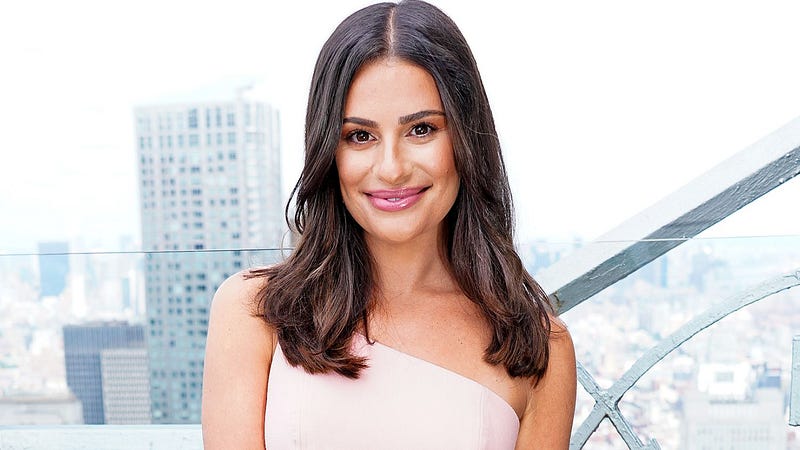
Glee
and
Scream
Queens
, as well as numerous Broadway plays. Photo courtesy of People.
When it was announced that the 1964 musical-comedy
Funny Girl
would return to Broadway for the first time in over 50 years, the question arose as to who could fill the shoes of the show’s original star, Barbra Streisand. When word came that Lea Michele was not cast, fans of the musical had a mix of emotions: confusion, relief and readiness to make a mockery of Michele’s failure to score the role.
Many fans of
Funny Girl
and Broadway experts believe that the hesitation behind the show’s revival fell in producers’ lack of confidence in finding a suitable lead. Fanny Brice, the show’s lead role, virtually put Barbra Streisand on the map as a vocal powerhouse and outstanding actor. While finding a new Fanny in modern times was a daunting task, it had already been done in the fictitious world of Fox’s hit television series
Glee
. Michele, who starred on the show for the entirety of its six-season run, portrayed Rachel Berry, an aspiring diva and worshiper of Barbra Streisand. In the show’s first season, Michele covers
Funny Girl
’s “Don’t Rain on my Parade,” leading to her character landing the role in a fictitious revival of
Funny Girl
in
Glee
’s fifth season. Fans all over saw a trajectory of Michele’s life imitating this art until her career hit an obstacle so many have faced in modern times: she was “canceled.” In 2020, Michele’s former co-star on
Glee
, Samantha Ware, accused the singer of racist comments on set of the show. Following the accusations, Michele stepped back from the limelight, just in time to give birth to her first child in August of that same year.
With no one suitable to fill Striestands’s shoes and a need for ticket sales post-COVID,
Funny Girl
turned to a stunt cast they felt would bring a new side to Fanny Brice: young actress Beanie Feldstein. Feldstein, who had been on Broadway previously in the 2017 revival of
Hello, Dolly!
, did exactly as expected, though her performance was met with mediocre reviews. Though Feldstein left audiences wanting more, many critics praised the performance of her understudy, newcomer Julie Benko. When Feldstein announced she would be departing from
Funny Girl
following a six-month run, Michele’s name came back into circulation. To add more to the mix, Michele’s
Glee
co-star Jane Lynch, who had been playing the role of Mrs. Brice in
Funny Girl
in the revival, also announced she would be departing. Fans speculated that this was due to Lynch receiving word that Michele, who has often been described as “difficult to work with,” would join the cast. While some were excited about the prospect of seeing Michele’s take on the role, many argued that Benko should be given the job, as she had already proven herself worthy of the title. As the internet had a field day imagining Michele taking over as Fanny, Feldstein announced she would be leaving the show earlier than anticipated due to the production deciding “to take the show in a different direction.” Fans were left to assume that this direction was to cast the more standard, predictable leading lady in Feldstein’s place: Michele.
After much anticipation, it was announced on July 11 2022, that Lea Michele would in fact take over as Fanny Brice, set to begin in September. The internet was flooded with reactions and memes, as fans felt anger over Michele’s ability to be cast despite her controversy. Though her character has been criticized, her performance thus far has been met with near flawless reviews; despite being out of shows for nearly two weeks due to a COVID diagnosis not too far into her run, which began on Sept. 6.
Wall Street Journal
described her performance as bringing “new light to the role of Fanny Brice” and a
New York Times
headline reads “
Funny Girl
Has Finally Found Its Fanny.”
Despite the positivity currently buzzing around her name, many wonder if this treatment is deserved. With this second chance, Michele has been given the opportunity to break out of the status of “canceled” that many celebrities have not. Does this signify a cultural shift from “cancel culture” to one where someone can educate themselves to a redeemable societal standing?
















